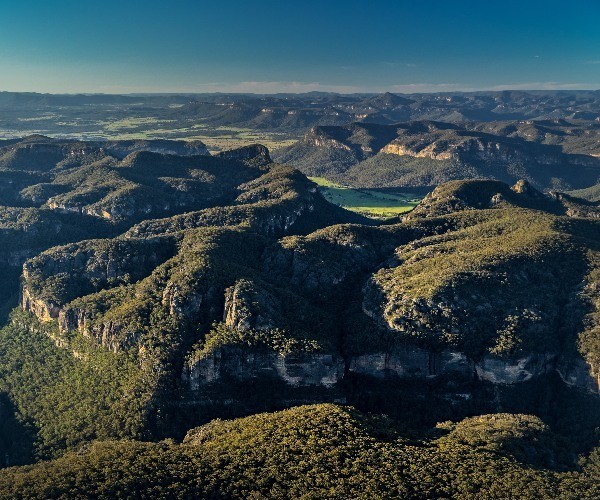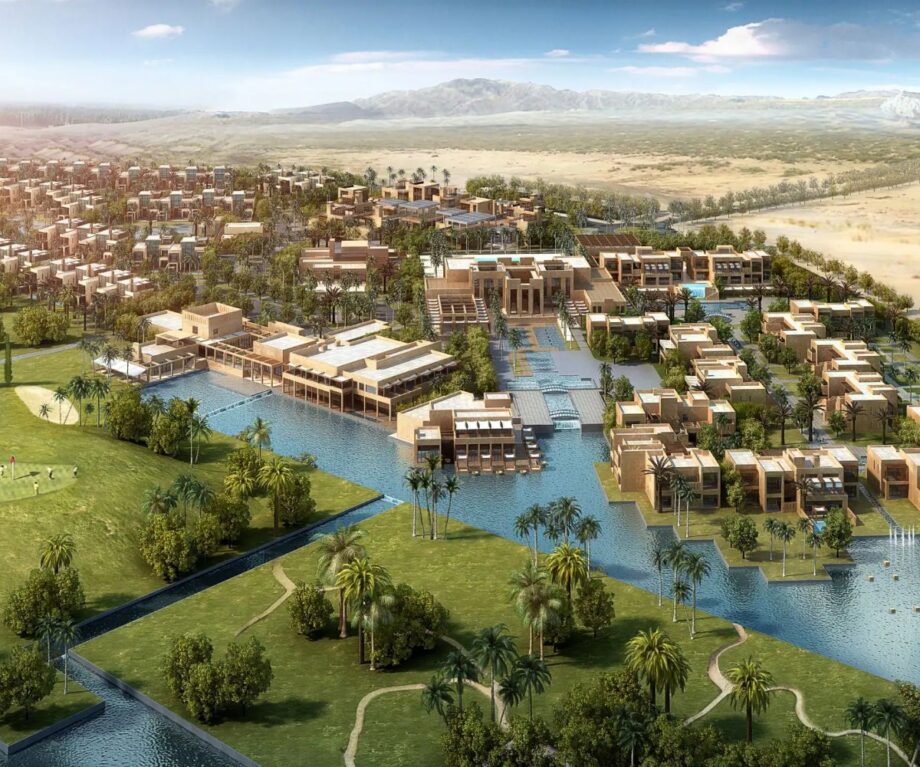Sustainability and responsible travel have become one of the most important words in the tourism industry as guests are increasingly interested in eco-friendly ways and places to stay, and as a result want to limit their footprint while travelling all across the globe. Offsetting your carbon emissions with an airline has become a norm for so many, yet booking accommodation which is genuinely concerned with their environmental approach is still an area where many of us can learn a thing or two. The below list gives you 5 of the best places which are currently open for tourism and have everything in place to make sure you help the environment while still enjoying a well deserved holiday.
Mombo camp, Botswana
Situated in the famous Okavango Delta, this is one of the best places in Africa to look for wildlife. And while it might be totally remote in this huge natural wonder, Mombo doesn’t budge when it comes to be eco-friendly. And it did so straight from the start when they hired a professional arborist in order to make sure they didn’t damage any existing trees or other flora during the construction. Their electricity is 100{fd1018b708dc11e6d771fa6d5ce8eacdee7a6add7c2315f27e48bc4e47591114} solar powered and their waste water is treated in an above-ground sewage plant before it is returned back into the natural environment.
Obviously it doesn’t stop there but it gives you an idea about how serious they are when it comes to being eco-friendly and it’s much more than just a fancy word which is all too quickly given these days. Being part of the Wilderness safaris group, it also collaborates and supports several sustainability partners, each having their specific area in which they thrive and try to make a difference for the good of both nature and humankind. Ranging from conservation and research all the way to community empowerment and anti-poaching, all are key to protect the fragile eco-systems in Southern Africa and not just the Okavango Delta. Best part about this lodge? The endless and genuine smiles from the staff which is free and the most eco-friendly thing you can find on earth.
Gili Lankanfushi, Maldives
Going on a tropical getaway while staying in an eco-friendly resort is not always the combination that pops up instantly, yet Gili Lankanfushi is the perfect destination to deliver just that. Located a mere 20 minute boat ride from Malé it’s a true eco-friendly paradise. All the villas and common buildings are constructed using sustainably-sourced materials, yet none of this is a reason to give in on luxury. Transport on the island is mostly done by bike, and while everyone else would think this is as friendly as it gets for nature, Gili Lankanfushi just goes that extra mile by sourcing bikes made out of bamboo. Yes, that’s the level of detail and dedication shown on this island resort and it is used across the board. You’ll have to look hard to find any plastic on the island, and there’s no guarantee you’ll find any. On the contrary, the use of eco-friendly product and materials is just all around.

Besides all the obvious there’s also the side that is less visible, to be more precise, it is underwater. Indeed, helping the environment also needs to be done in all the fragile ecosystems, including the marine ones. Hence why Gili has 2 full-time marine biologists on site and they are not only a great asset for the resort but also for its guests as they happily go out for an snorkelling or dive trip with an educational twist to it. They even have a coral farm which they use for research but also for restoring parts of the coral reefs that need it the most. The list of efforts and environmentally friendly actions just goes on and on and I’m sure they’ll keep pushing the boundaries when it comes to give guests a luxurious break while at the same time helping nature in all its facets.
Fogo Island Inn, Canada
Not too many among us knew this little island called Fogo until Zita Cobb changed that forever by constructing the beautiful Fogo Island Inn. The outside of the Inn can’t be missed in this rugged terrain as the clean white structure is in stark contrast with the grey rocky coastline. Inside is an eclectic mix of beautiful wooden furniture, sleek bathrooms, floor to ceiling windows, wood burning stoves and so much more. So where does the eco-friendly come into play? Well…where is it not? Here, it’s more a combination of helping the environment and the community at the same time.

To start with, there’s the obvious energy efficient architecture with all the bells and whistles like solar panels but also with a system to collect the rainwater, filter it and be used for the toilets, kitchen appliances and laundry. The furniture I was talking about earlier is made by local craftsmen in the woodshed of the Inn, cause why would you import when you can make it on site? All the suppliers they use need to follow certain ethics and equally important is the fact that they start searching for the produce on the island itself? If not available they will search as close-by as possible in order to keep supporting local communities. As they are located near the coast they also support and show responsible ocean fishing which in time can be deployed worldwide in order to save our fragile oceans and the fishing communities.
Tswalu, South Africa
The name Tswalu means as much as “new beginning” in Setswana and it perfectly describes the main goal of this lodge being to restore the southern part of the Kalahari, in which it is situated, into its former glory. This part of the Kalahari has been inhabited for thousands of years, yet it’s only in more recent times where it has been used for farming which resulted in a rapid decline of indigenous fauna and flora. When the Oppenheimers started Tswalu they bought several of these old farms in order to restore the land back into its former glory, a colossal task which is still ongoing till today. But while there might be a seemingly endless list of actions to be taken, the results are beyond believe with healthy populations of rare wildlife species like the pangolin, aardvark and brown hyena roaming in this beautiful landscape. This alone is reason enough to visit this special place, yet there’s much more going on to protect the environment and to promote sustainable eco-tourism.

Besides the luxurious lodge that is built using organic materials without giving in on comfort and style, it is the fact that you as a guest can witness the results of the Tswalu Foundation which mainly supports ecological research. National Geographic regularly comes over here to give you just one example of how serious they take this and there are several researchers continuously working on the impact of climate change, but also trying to understand specific animal species better in order to help them survive like the pangolin which is arguably the most trafficked animal in the world. And the best part of it all? Well, after a busy day exploring you can sit back and enjoy some unique food in their newest addition called Klein Jan. This small but amazing restaurant is located in an old farmhouse and uses loads of ingredients which the Kalahari provides. It’s the perfect way to gain some new energy for the day after in order to explore some more.
The Scarlet, UK
This adults-only retreat on the Cornish coast that is due to open up again in May is a true gem with stunning views, some very unique hot-tubs, an Ayurvedic inspired spa, mouthwatering food and so much more. However, it is the way they go about it and their focus on the environment that makes them stand out. When staying over here you can feel the level of commitment to make our lives and the world in general better. One of the most wonderful examples of their hunt for overall sustainability can be found in the bedroom where a special pair of Scarlet slippers will await you. Special as in…? Special as in the fact that each pair is made of 6 recycled plastic bottles! Yup, and that’s just one out of many examples which you can discover in this wellness retreat. Another stand-out for me is the fact that they offer a “green discount” to guests who come over by rail, coach, foot or bike as they reduce the number of cars on the road and as a result the amount of CO2 in the atmosphere. How about that for an incentive to travel green?!

They also have a community fund which supports new and existing projects that help improve the local environment in their neighbourhood. The fund is made up entirely from guests donations which makes it even more rewarding for visitors. I truly believe that if more businesses would start such initiatives there would be much more generosity going around in this world and we would all benefit from it.
Have you stayed in a place that has an ethos of being eco-friendly? Or are there any of the above mentioned which you would like to visit?




